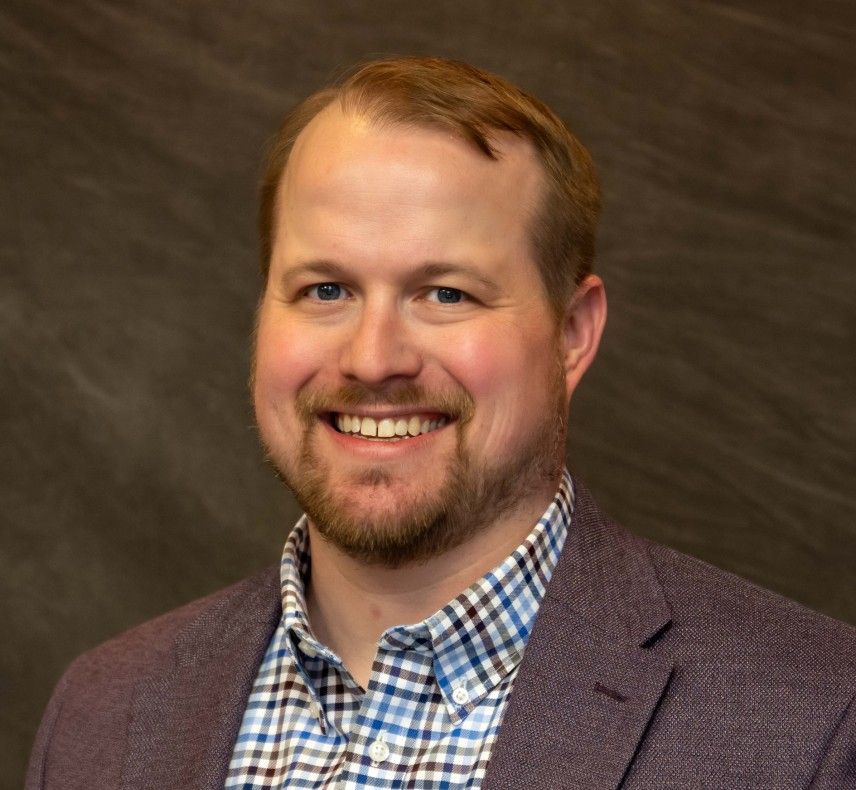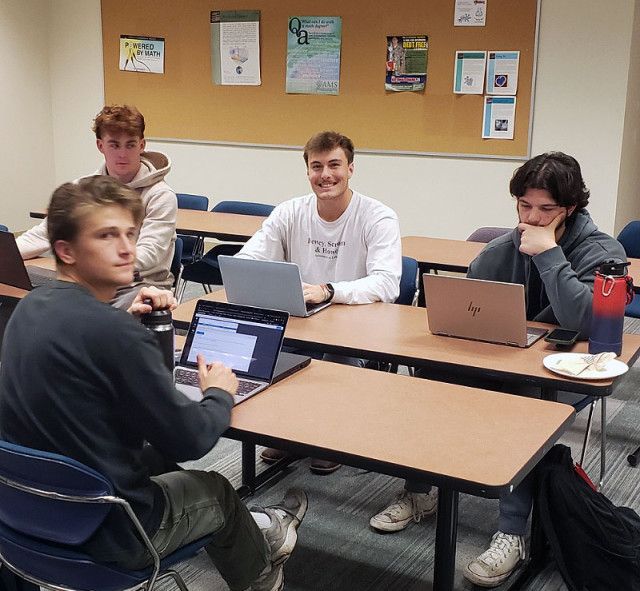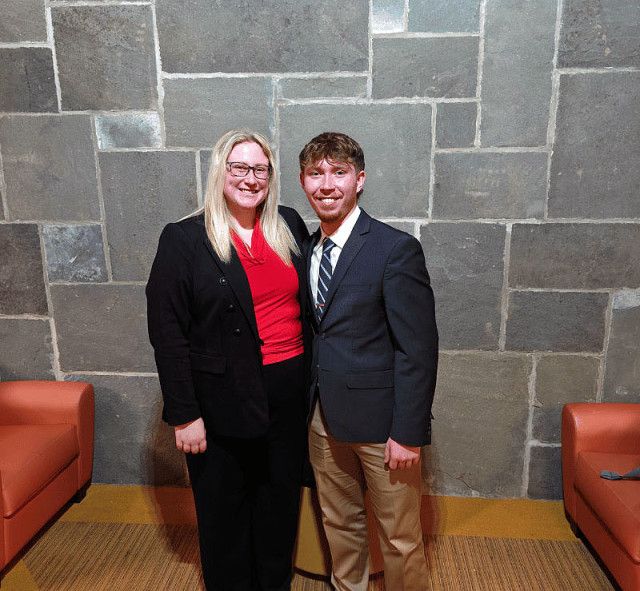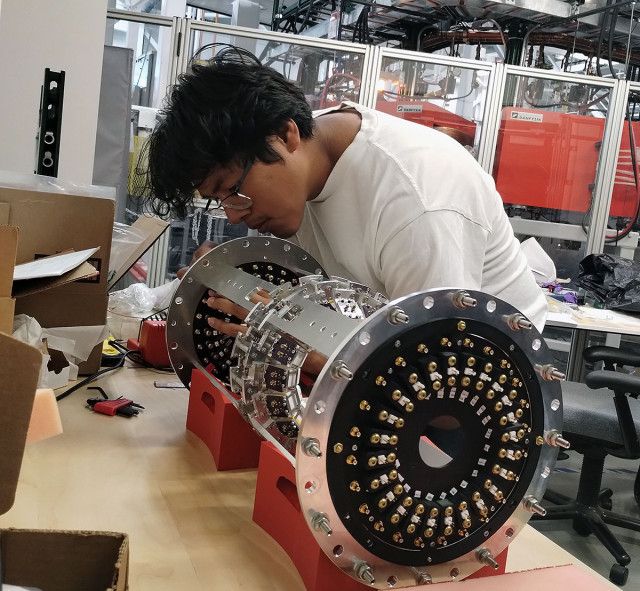Travis Proctor, associate professor of religion at Wittenberg, was recently selected to participate in the Teaching Interfaith Understanding seminar, which will take place June 15-18 at DePaul University in Chicago, Illinois. Proctor is one of only 25 faculty members chosen for the seminar hosted by the Council of Independent Colleges (CIC) and Interfaith America (IA) and supported by a grant from the Lilly Endowment Inc.
“I am hoping to learn new and more effective approaches for promoting broad-based religious literacy and inter-religious understanding through this seminar,” said Proctor, who recently received the Collegium Award for Excellence and Innovation in Teaching, which recognizes outstanding teaching, as well as a faculty member’s commitment to growing and improving as a teaching scholar.
With the new knowledge he gains, Proctor plans to adapt the lessons learned into his classes at Wittenberg.
“I also plan to continue my work promoting religious literacy and inter-religious understanding through public workshops and public scholarship outside of the classroom,” added Proctor, who feels the seminar will provide him with a deeper training in the promotion of interfaith understanding.
Because religious diversity and contestations of religious belonging, pluralism, and inclusion have become hot topics in American public life, the seminar is designed to help advance essential work in these areas, while broadening faculty members’ knowledge and perspective to help them strengthen the teaching of interfaith understanding, develop new courses and other resources, and expand the network of faculty members who are committed to teaching this subject.
Proctor, who teaches courses in Judaism, Christianity and Islam; Demons, Angels, and Ghosts; Religion, Animals, and Being ‘Human’; and Religion, Nature, and the Environment, has promoted broad-based religious literacy through community scholarship and public-facing teaching.
Outside of the classroom, he has presented lectures on the intersections of religion and natural disasters, written on the history of religion and pandemics, and conducted a podcast interview on the multi-religious history of veiling practices. In October 2023, he co-organized the Religious Literacy for K-12 Educators workshop, where he helped fellow teachers learn the basics of teaching religion in a pluralistic setting.
“These experiences have taught me that increased religious literacy is sorely needed, and, with the unfortunate reduction of religious studies programs at many colleges and universities, it will become even more important to promote interfaith understanding through alternative, public-facing venues,” he said. “I will be eager to use the training provided by the seminar to generate new and more effective approaches to promoting public understanding of religious diversity, both in and out of the college classroom. The seminar will also help me to develop course modules and more effective teaching strategies focused on interfaith understanding and religious pluralism.”
According to its website, the seminar, led by Laurie Patton, president of the American Academy of Arts & Sciences, and Eboo Patel, founder and president of Interfaith America, will examine the substantial theoretical questions inherent in teaching interfaith understanding and explore the practical work of translating these ideas into courses. Participating faculty members will have opportunities to develop teaching resources such as syllabi and course modules that may be shared online with colleagues at many other institutions. Each day, the seminar will focus on a particular dimension of interfaith understanding—such as models of interfaith collaboration and pedagogies for teaching interfaith cooperation—and will include both theoretical and applied work. The seminar will blend discussions of case studies, course syllabi, and experiential activities such as site visits.







